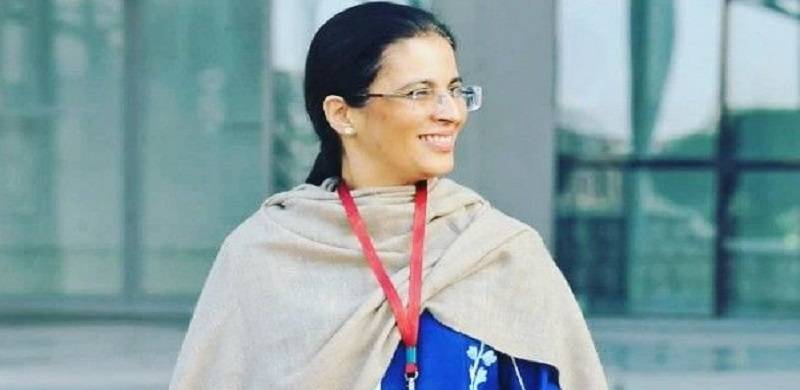
Reacting to the controversy surrounding the nomination of Lahore High Court Justice Ayesha A. Malik to the apex court, female lawyers' group Women in Law Pakistan has issued a statement dispelling the various 'myths and misunderstandings' regarding the appointment of judges to the Supreme Court.
On the topic of seniority, a central point of contention in Justice Malik's nomination, the initiative explains that, “at least 41 times judges have been appointed to the Supreme Court without them being most senior. There is, therefore, no such custom either. ‘Seniority’, is at best a mere demand of some members of the Bars at the moment and has no legal basis.”
https://twitter.com/WomenInLawPk/status/1478392587002257408
“Absence of the words ‘the most senior’ in Article 177 for appointment of Judges of the SC [Supreme Court] shows that seniority of a Judge in the High Court is not an essential condition for their appointment as a Judge of the SC," the group noted.
"There are no turns and no one has any right to be appointment on the basis of seniority," the group affirmed. Justice Malik would be fourth in the seniority list of the high court.
Launched in 2016, Women in Law Pakistan "works for equality of opportunity and connectivity of female lawyers in Pakistan."
The nomination of Justice Malik to the top court has divided the legal community. The first vote regarding her appointment in September resulted in a gridlock, with four JCP members voting in favor and the remaining voting against.
The Judicial Commission of Pakistan (JCP) is scheduled to hold a hearing to consider Justice Malik’s appointment to the Supreme Court tomorrow, January 6. The Pakistan Bar Council (PBC) has threatened to boycott all court proceedings if the hearing is held.
On the topic of seniority, a central point of contention in Justice Malik's nomination, the initiative explains that, “at least 41 times judges have been appointed to the Supreme Court without them being most senior. There is, therefore, no such custom either. ‘Seniority’, is at best a mere demand of some members of the Bars at the moment and has no legal basis.”
https://twitter.com/WomenInLawPk/status/1478392587002257408
“Absence of the words ‘the most senior’ in Article 177 for appointment of Judges of the SC [Supreme Court] shows that seniority of a Judge in the High Court is not an essential condition for their appointment as a Judge of the SC," the group noted.
"There are no turns and no one has any right to be appointment on the basis of seniority," the group affirmed. Justice Malik would be fourth in the seniority list of the high court.
Launched in 2016, Women in Law Pakistan "works for equality of opportunity and connectivity of female lawyers in Pakistan."
The nomination of Justice Malik to the top court has divided the legal community. The first vote regarding her appointment in September resulted in a gridlock, with four JCP members voting in favor and the remaining voting against.
The Judicial Commission of Pakistan (JCP) is scheduled to hold a hearing to consider Justice Malik’s appointment to the Supreme Court tomorrow, January 6. The Pakistan Bar Council (PBC) has threatened to boycott all court proceedings if the hearing is held.

